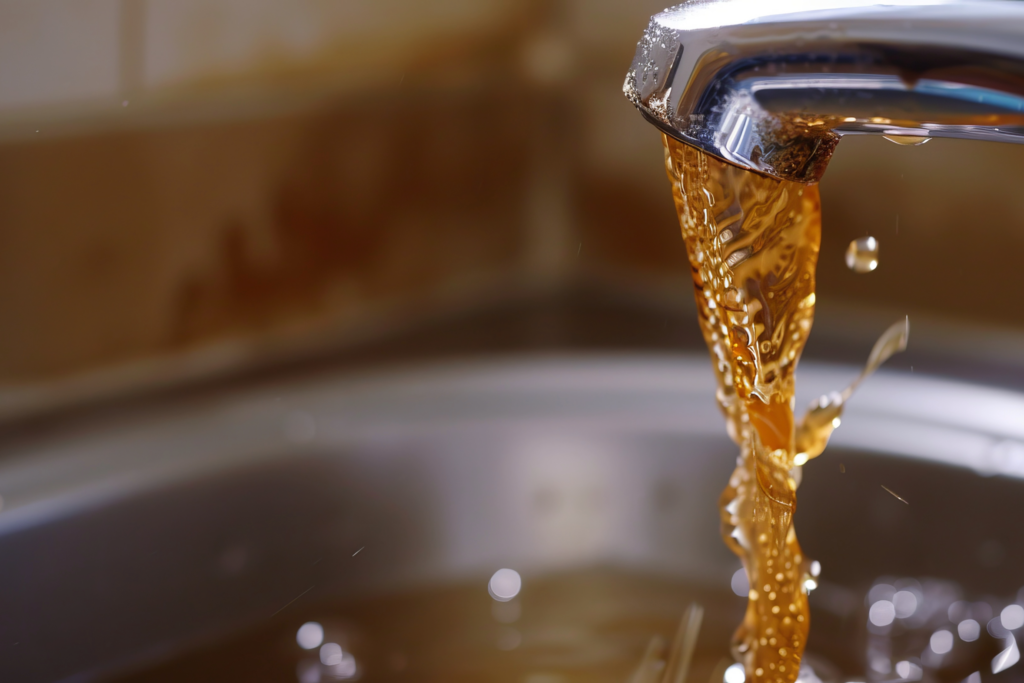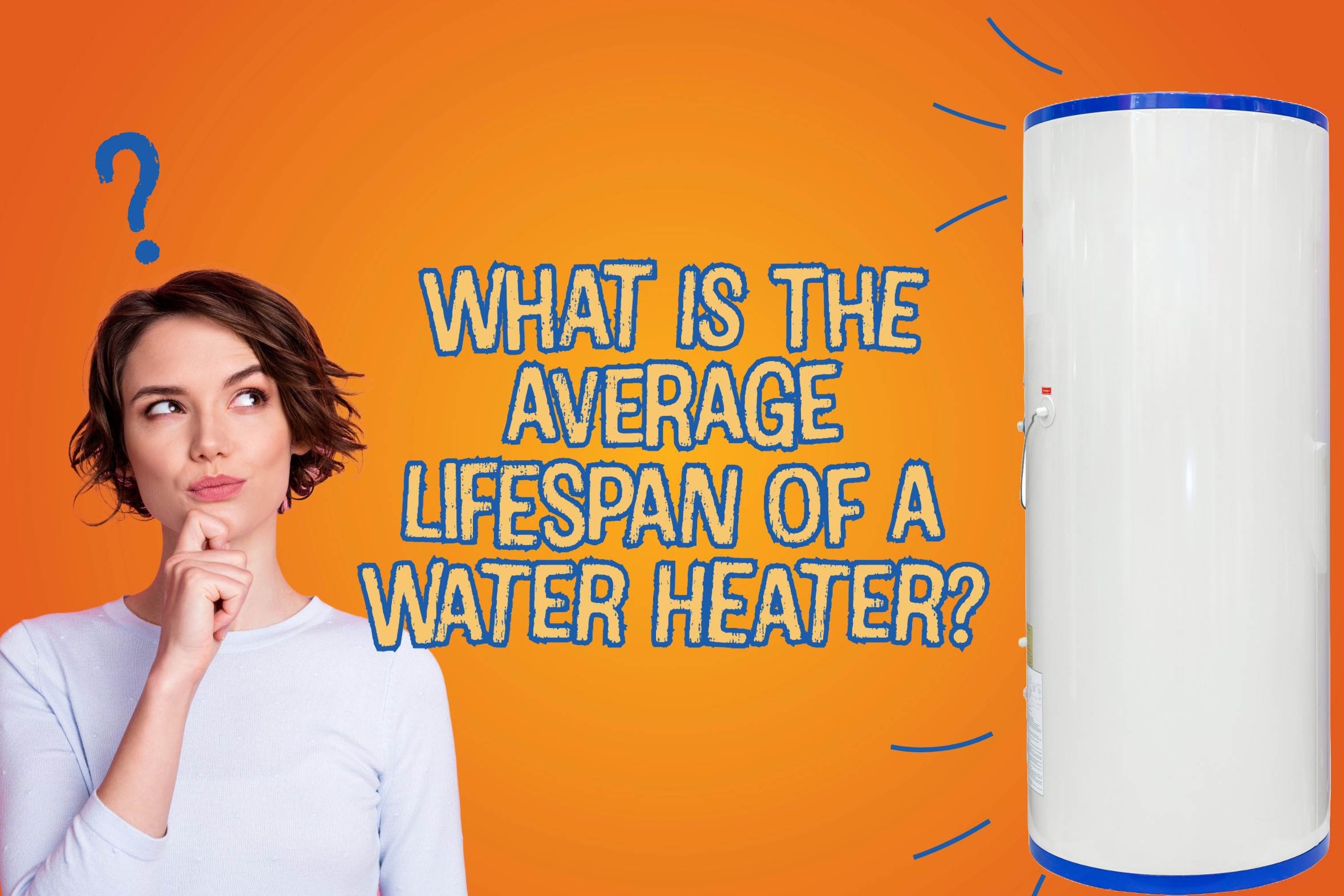Experiencing problems with your water heater and not sure what to do next? Well, you’ve landed at the right place! Here at Dayton Plumbing & Drain, we’re well-versed in the dilemmas homeowners face when issues arise with their water heaters, especially if you’ve never encountered such problems before. You may find yourself wondering what questions you should be asking, how to know whether your water heater needs repairs or replacement, and why it might need to be replaced at all. We’re here to clarify all these concerns!
Our mission is to provide you with a seamless, stress-free experience for all your home-related needs. Let’s dive into one of the most frequently asked questions – what is the average lifespan of a water heater?
What’s the Typical Lifespan of a Water Heater?
Typically, a water heater should last around 8 years. However, some units can outlast this average, reaching up to 10 years of functional life (if they are taken care of properly). If your water heater has hit the ten-year mark, it’s probably nearing the end of its lifecycle. So, proactive maintenance and planning ahead can help alleviate unexpected surprises. After all, no one enjoys unexpected problems.
How Does the Lifespan of a Water Heater Vary?
Several factors influence how long your water heater will last. Consider the following factors:
- Regular Use – Your water consumption significantly impacts the lifespan of your water heater. Although it’s not a reason to limit your water usage, it is valuable to keep it in mind.
- Preventative Maintenance – Regularly scheduled check-ups and annual flushing increase the longevity of your unit. Neglecting these tasks can accelerate wear and tear.
- Water Quality – Hard or soft water can affect your water heater. Minerals like calcium and magnesium can build up over time, affecting your system’s lifespan and efficiency.
- Installation Quality – Poor installation can lead to faster wear and tear, potential damage, and even potential safety hazards for your household.
- Equipment Quality – Choosing a cheaper, lower quality brand of equipment for a heavily used machine means you’re compromising on its lifespan. The materials used in these appliances greatly affect their overall functionality and endurance.
When Should You Consider Replacing Your Water Heater?

Several signs can indicate that your water heater is near its life’s end:
- Rusty Water – If the water from your faucet looks discolored or “rusty,” it could be a sign that replacement is imminent. The same holds true if your water has a “metallic” scent or taste.
- Water Not Heating – A water heater failing to meet your hot water needs can signal sediment buildup or wear and tear, which might necessitate replacement.
- Water Leakage – If water pools around your unit, get a professional to assess the situation immediately. You might need a replacement depending on the issue’s source.
- Age – As previously stated, a water heater’s age is a significant factor in deciding whether it requires replacement. If yours is over ten years old, you might want to consider replacing it.
- Frequent Repairs – Persistent issues requiring multiple consecutive repairs suggest it might be more cost-effective to invest in a newer, more energy-efficient unit.
What Can You Do to Extend Your Water Heater’s Lifespan?
Since water heating constitutes roughly 18% of a household’s energy costs, it’s in your best interest to keep your water heater in top condition. Routine maintenance can help your system run smoothly and extend its lifespan.
- Flushing Your Water Heater: When sediment builds up, it can cause your system to overheat, leading to costly repairs and a shortened lifespan. Regular flushing prevents these issues and maintains efficiency.
- Avoiding High Water Temperatures: Setting your water heater to excessively high temperatures can wear it down faster, reducing its lifespan. Therefore, you should opt for moderate settings to ensure longevity.
- Preventing Exterior Rust Buildup: Rust on the exterior of your unit can lower its efficiency and decrease its life expectancy. Regular checks and maintenance can prevent this.
- Staying Current with Annual Maintenance: Never skip your annual plumbing inspections, even if they seem unnecessary. Staying up to date ensures that everything runs smoothly. A licensed plumber can identify and address minor issues before they escalate into major problems. For comprehensive plumbing inspections, give us a call and ensure your home’s plumbing is in top shape.

Keeping tabs on your water heater’s age is a good practice to help plan ahead for its eventual replacement. Need assistance determining your water heater’s age or a free water heater estimate for a replacement? Whatever your needs or questions may be, we’re here to help!
Call Dayton Plumbing & Drain today at (937) 705-5294 or schedule an appointment online now by clicking here!




